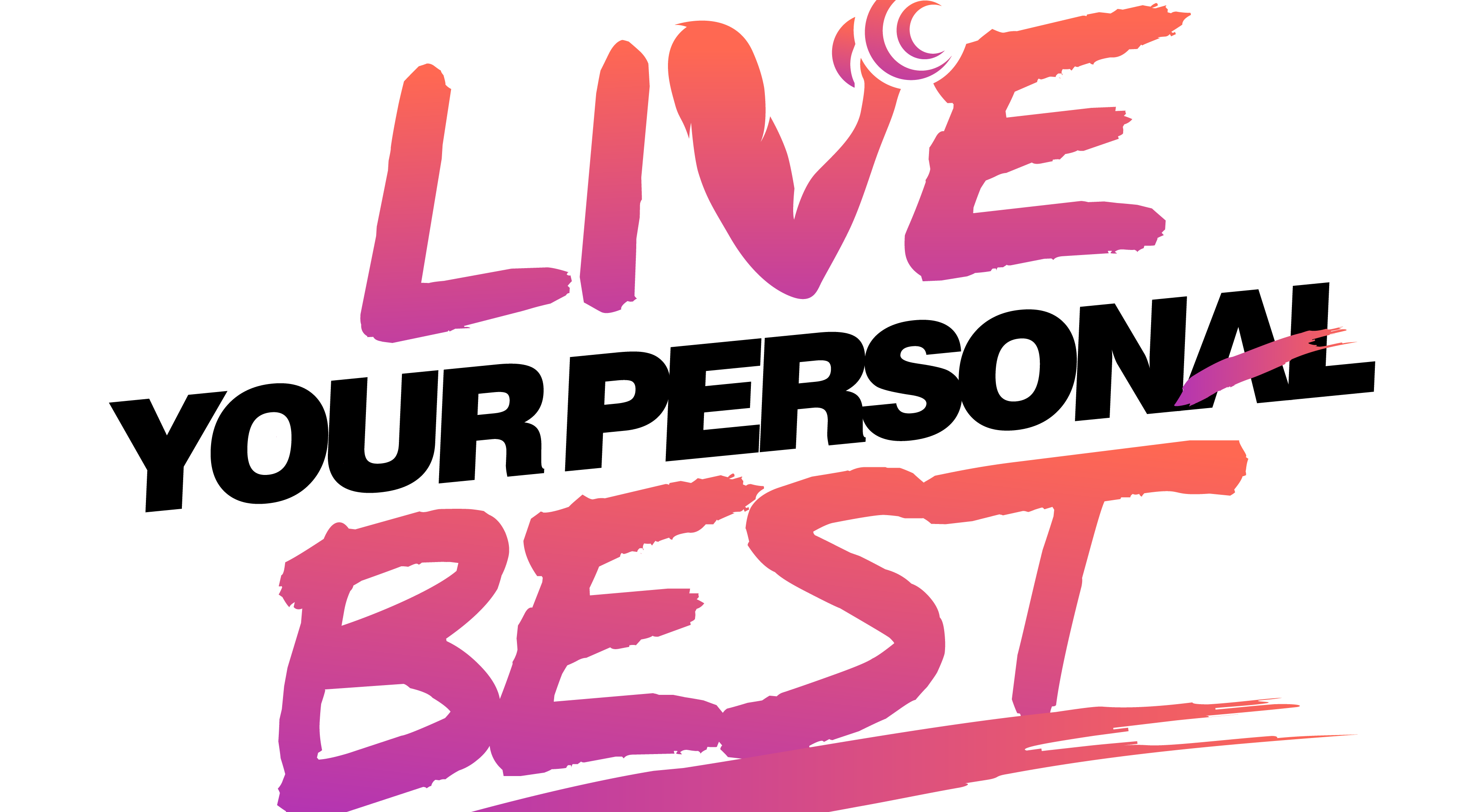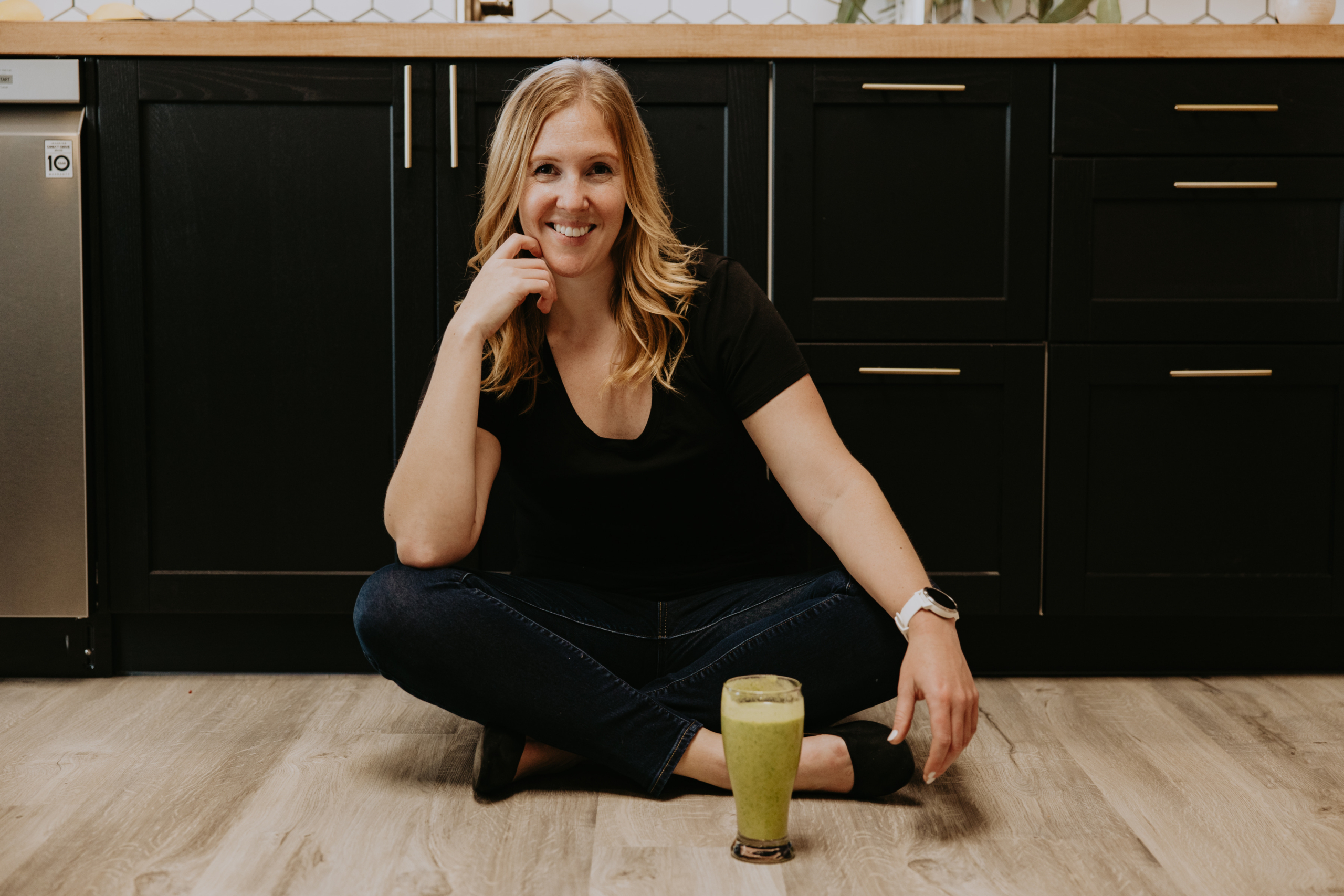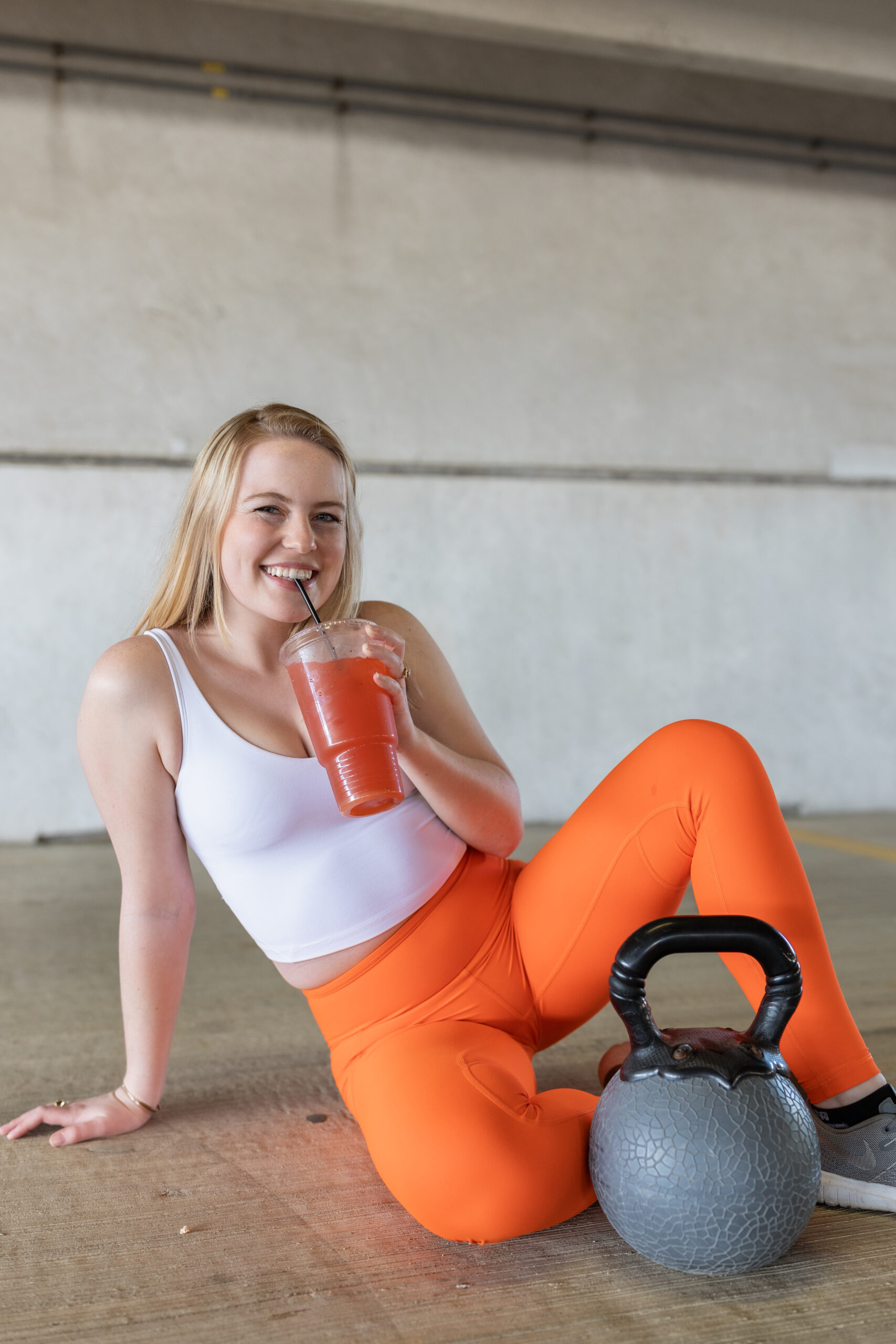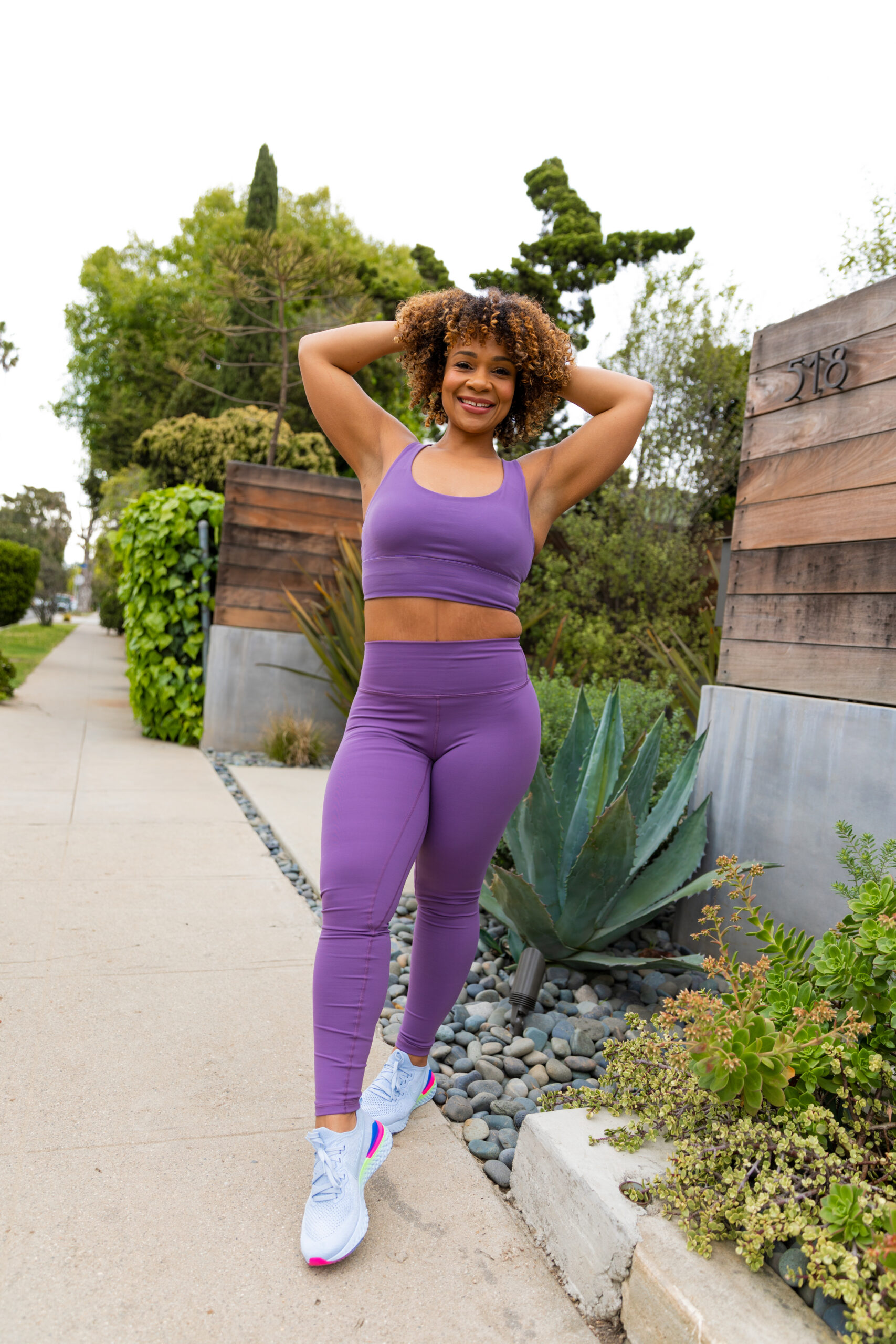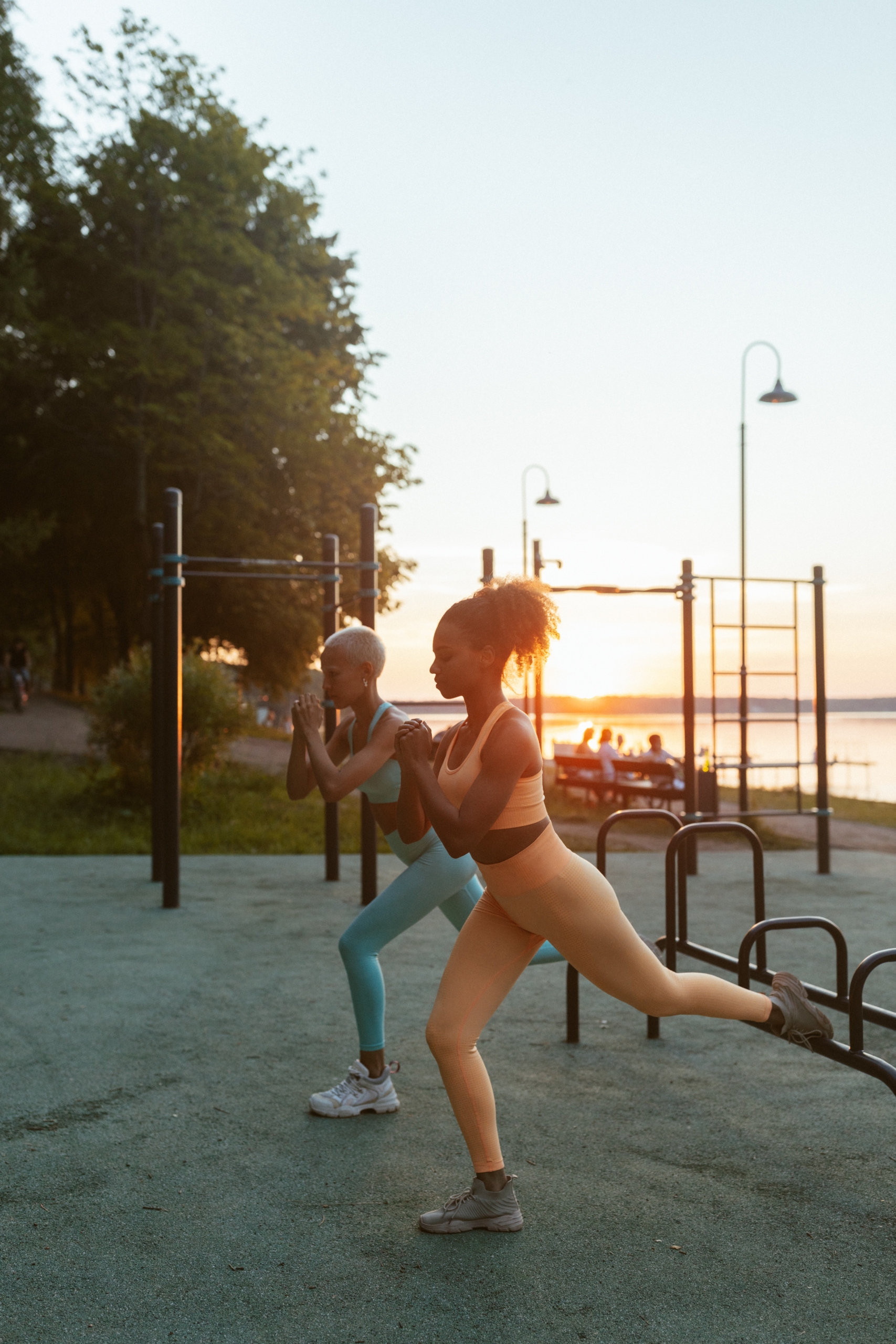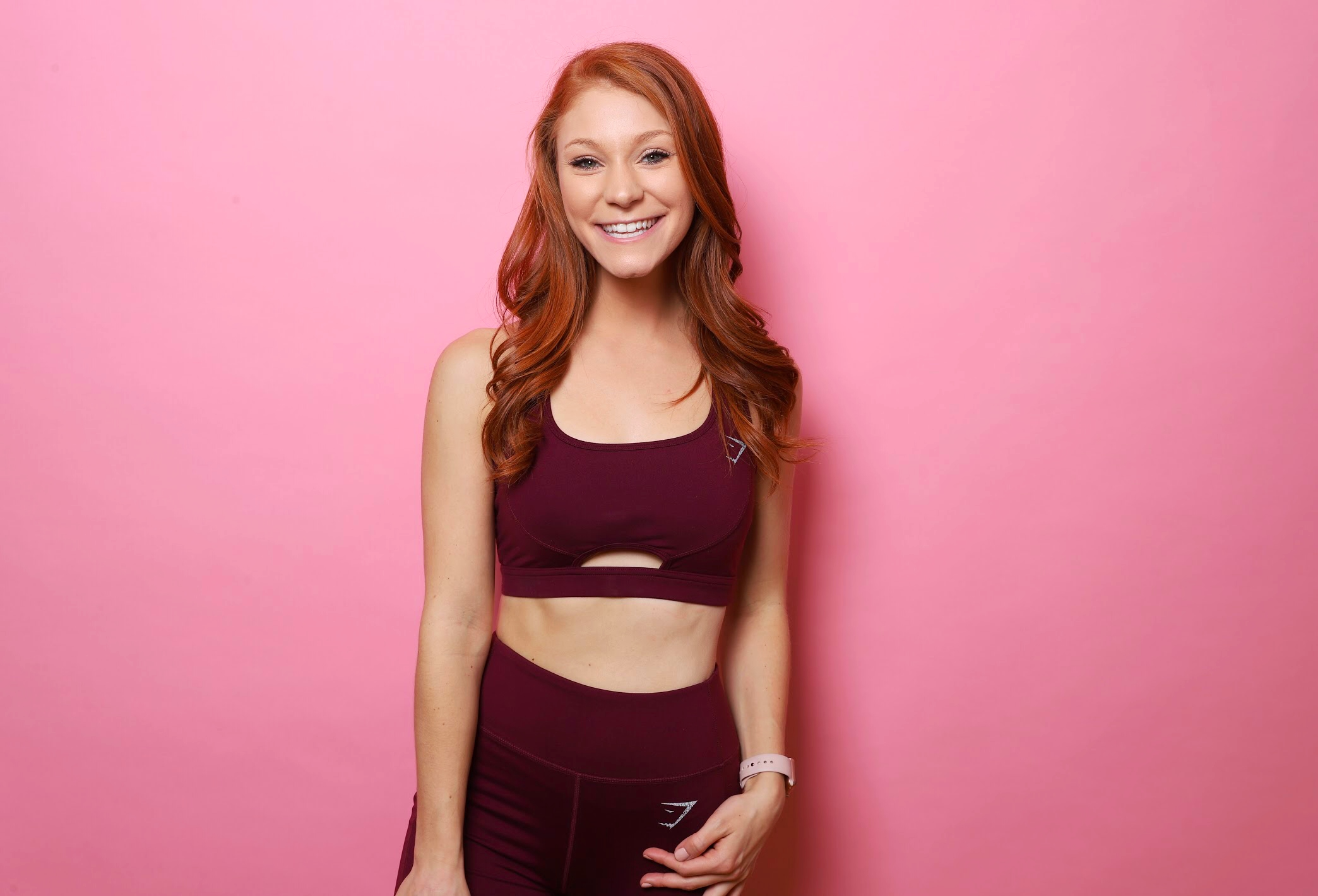Is plant-based eating as healthy as it seems? Is it beneficial for everyone to go on it? Let’s get the facts straight from the expert herself!
In this episode of the Live Your Personal Best podcast, I speak with Stephanie Hnatiuk, a registered dietitian and fitness coach who’s on a mission to reconnect runners with their love of running. She helps frustrated and confused overall runners learn how to properly feel their bodies for better training, working smarter, not harder, and recover faster so they can reach their goals without destroying their relationship with food and exercise.
Listen to this episode as we learn if athletes should transition to a plant-based diet while training.
Episode Timeline
[2:39] Stephanie shares her opinion if a plant-based diet is suitable for athletes too.
[8:08] Stephanie talks about under-fueling in relation to a plant-based diet.
[12:10] Stephanie gives her tips to people who are starting with their plant-based diets
[15:15] Stephanie reveals an easier way to start a plant-based diet
[17:41] Stephanie shares her thoughts on how becoming vegetarian relates to diet culture.
[21:32] Stephanie leaves her last pieces of advice.
Key Takeaways
- Runners, and other athletes, can successfully train while on a plant-based diet, but transitioning to a plant-based diet doesn’t necessarily have to be the goal.
- Before transitioning into a plant-based diet, consider the foods that you should eat because you might not like their taste. Look for recipes that could help you enjoy plant-based foods more. Food allergies should also be considered if there are any.
- A plant-based diet doesn’t necessarily come at the expense of eating things you don’t like or eliminating all other animal products.
- Eating a plant-based diet requires a lot of nutrition knowledge and cooking skills.
- It’s worth noting that a plant-based diet might not be for everyone.
- When you’re on a plant-based diet, learn where to get your protein.
- Many people usually make a mistake, especially when starting, when they remove the animal foods without looking for plant-based alternatives that could give the same value.
- There are some key nutrients, essential vitamins, and minerals that you should intentionally get them. These are calcium, iron, zinc, vitamin b12, and choline.
- The problem with iron is that you can easily absorb them from animal sources. It would be best to consume more iron from plant-based sources to help your bodies absorb more iron. You may need supplements to help you with this issue.
- If you’re an athlete planning to start their plant-based diet journey, it’s best to connect with dieticians to be guided.
- Your personal values can help you become motivated when starting a plant-based diet.
- The recommended diet for athletes should be the one that helps them perform the best that they can and also that keeps them healthy mentally and physically.
Quotes
“[A plant-based diet] can be done for people who are motivated and really want to eat that way.” – Stephanie [7:51]
“The decision to go plant-based should really only be done out of personal preference.” – Stephanie [15:39]
For the wrong person, anything can be turned into a diet.” – Stephanie [19:33]
